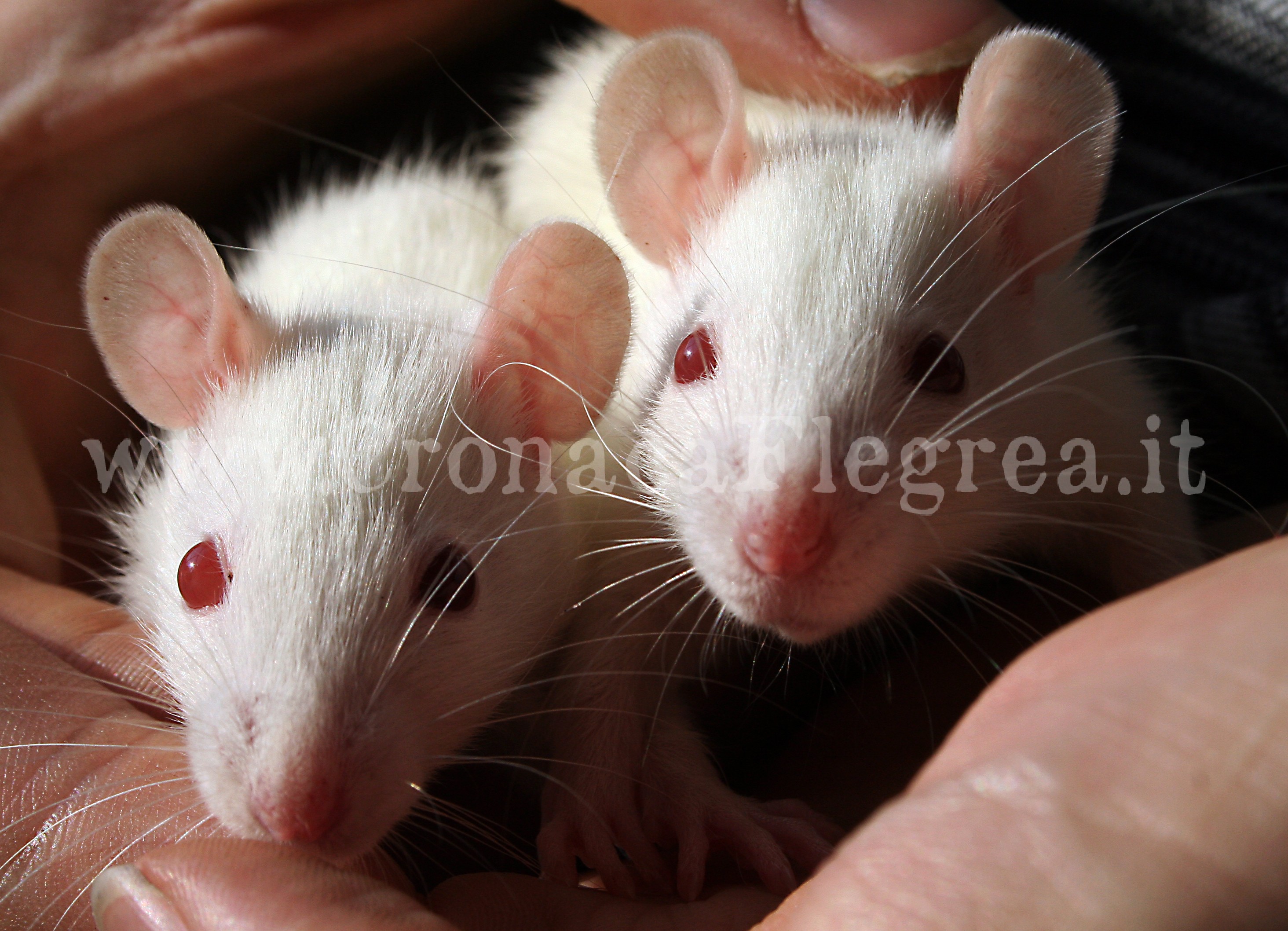 The 2016 could add another conquest in favor of the animals. The European Union has already been enthusiastic about the ban, which came into force in 2013, the use of animals in the cosmetics industry: some already since 2009, in fact, it is illegal to test and sell cosmetic products and ingredients tested on guinea pigs. A big step towards the reduction of the deaths of millions of animals that are sacrificed every day, sacrificed, for a variety of causes. Even L’Oreal, which has been the target of animal rights for many years, reports on its website not to resort more to this pattern of action except in rare cases required by an authority or to comply with safety regulations. The novelty is that it will, indeed, the first company to test the new Novagen bioprinting Platform technology, which allows you to play a fabric that mimics the characteristics and properties of the human skin, through collaboration with Organovo company, specializing in organic 3D printing .
The 2016 could add another conquest in favor of the animals. The European Union has already been enthusiastic about the ban, which came into force in 2013, the use of animals in the cosmetics industry: some already since 2009, in fact, it is illegal to test and sell cosmetic products and ingredients tested on guinea pigs. A big step towards the reduction of the deaths of millions of animals that are sacrificed every day, sacrificed, for a variety of causes. Even L’Oreal, which has been the target of animal rights for many years, reports on its website not to resort more to this pattern of action except in rare cases required by an authority or to comply with safety regulations. The novelty is that it will, indeed, the first company to test the new Novagen bioprinting Platform technology, which allows you to play a fabric that mimics the characteristics and properties of the human skin, through collaboration with Organovo company, specializing in organic 3D printing .
tHE pAST AND FUTURE – One imagines as animal testing, in the past, it served to men, unfortunately, on occasion to save themselves or better understand nature, if we look eye devoid of critical historical moments such as the Middle Ages and Enlightenment, when what we now call the medical-technological progress did not exist at all. On the other hand even the level of empathy with eco-environmental issues and on other living species was different, when you consider that even among humans is being discriminated against, even by law, on the basis of skin color, to neonatal health or to ‘social background. Today, however, with new discoveries, new technological frontiers and, above all, software and mathematical models that you are able to accomplish, you can definitely leave room for alternative methods of study, completely “free” from the animal experiments and the ” heavy conscience. “
REDUCTION oF aNIMAL tESTING – what many do not even imagine is that tests involving animals are many: those for human medicine and veterinary medicine (the Frontline is the same tested on dogs, including puppies and pregnant females), those for toxicology testing and those on food, the ones to study the effects of smoking and those focusing on the chemical (students of Chemistry and Pharmaceutical Technologies, for example, study also through small animal experiments). Rattini, commonly used in the laboratory, even today pets. And if the medical issue is still very thorny same can not be said for other areas, where animal testing is, fortunately, disappearing gradually. And ‘news of the last days that the tests on guinea pigs will be, most likely, even eliminated for toxicity tests.
THE STUDIO – A study conducted in the US by the National to health it has collected about 50 million data, experiencing both in vivo (in animals) and in vitro (human cell) the toxicity of about 10000 chemicals. All this would trap any harmful substances to humans present in foods, pesticides and drugs. The result was that more reliably found himself right, of course, in in vitro assays, as already 100% compatible with humans, without the extra step animal-man. Indeed, the interesting thing was right to note that the tests could be routed directly to animals and men with satisfactory results in both cases only by taking advantage of in vitro tests.
Results – Do not sing victory yet as the results of this study are still being analyzed, but the news has already reached (favorably) the public that is hoping for a new step towards animal testing increasingly outdated and surmountable. On the other hand is known as the actual testing of medicines occurs in the early years of drug sales, when you are testing on a large scale in humans, noting any side effects and bad managed. This fact, along with that of animal experimentation, stirs the conscience, the fears, the doubts of the public. The hope is that with technological progress will not only be possible to save the lives of animals, but also have more reliable results right now for humans.
No comments:
Post a Comment